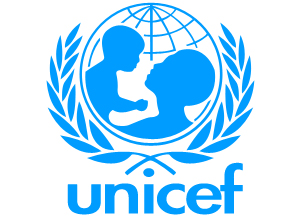‘Anxiety, depression common difficulties in children’
KATHMANDU, NOVEMBER 21
UNICEF has warned of significant and growing consequences for children as the COVID-19 pandemic lurches towards a second year.
Released ahead of World Children’s Day, ‘Averting a Lost COVID Generation’ is the first UNICEF report to comprehensively outline the dire and growing consequences for children as the pandemic drags on. It shows that while symptoms among infected children remain mild, infections are rising and the longer-term impact on the education, nutrition and well-being of an entire generation of children and young people can be life-altering.
“Throughout the COVID-19 pandemic there has been a persistent myth that children are barely affected by the disease.
Nothing could be further from the truth,” said Henrietta Fore, UNICEF executive director in a press release circulated by UNICEF Nepal.
“While children can get sick and can spread the disease, this is just the tip of the pandemic iceberg. Disruptions to key services and soaring poverty rates pose the biggest threat to children. The longer the crisis persists, the deeper its impact on children’s education, health, nutrition and well-being. The future of an entire generation is at risk.”
The report finds that, as of November 3, in 87 countries with age-disaggregated data, children and adolescents under 20 years of age accounted for 1 in 9 of COVID-19 infections, or 11 per cent of the 25.7 million infections reported by these countries. More reliable, age-disaggregated data on infection, deaths and testing is needed to better understand how the crisis impacts the most vulnerable children and guide the response.
While children can transmit the virus to each other and to older age groups, there is strong evidence that, with basic safety measures in place, the net benefits of keeping schools open outweigh the costs of closing them, the report notes. Schools are not a main driver of community transmission and children are more likely to get the virus outside of school settings.
COVID-related disruptions to critical health and social services for children pose the most serious threat to children, the report says. Using new data from UNICEF surveys across 140 countries, it notes that around one-third of the countries analysed witnessed a drop of at least 10 per cent in coverage for health services such as routine vaccinations, outpatient care for childhood infectious diseases, and maternal health services.
Fear of infection is a prominent reason.
In Nepal, to mark World Children’s Day on November 20 and highlight the issues around children’s and young people’s well-being, UNICEF Nepal hosted a virtual children’s parliamentary session and a virtual festival of visions and voices of young people.






